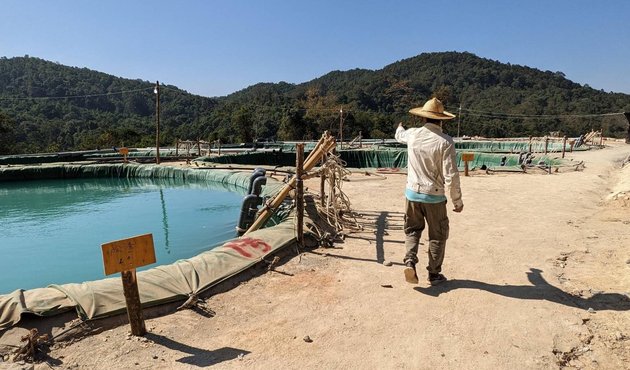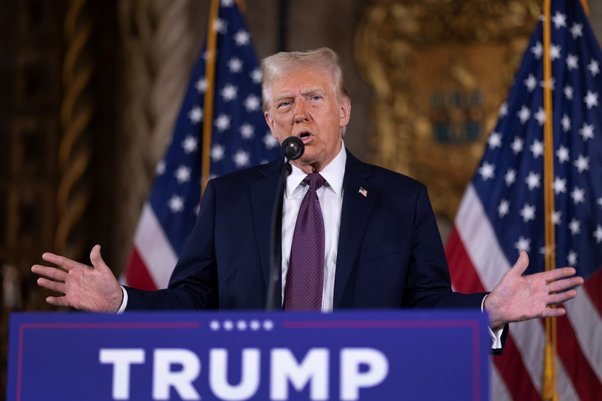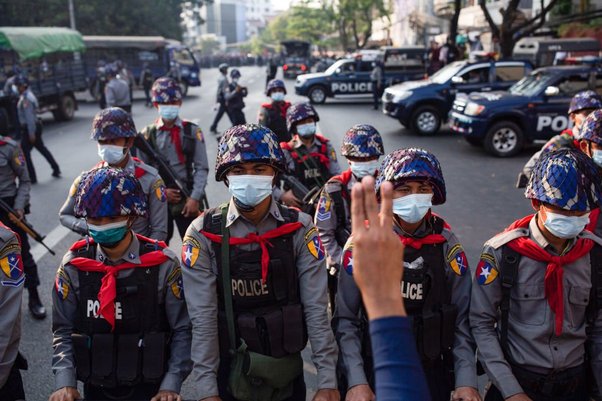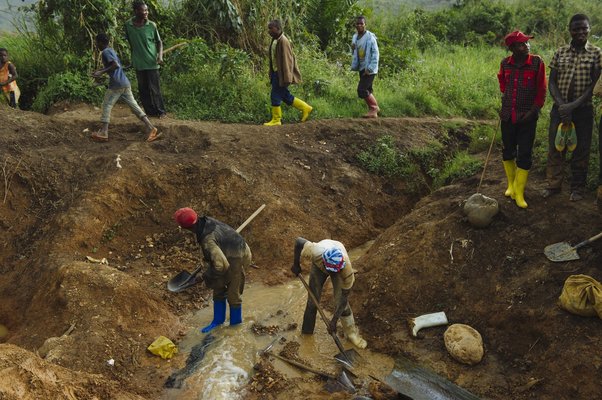To reverse the climate crisis, COP30 must address the unforeseen consequences of the critical mineral boom, which is adding more deforestation and CO2 emissions
Next week, scientists, negotiators and government attaches gather in Bonn for the halfway point to COP30 – a critical moment to decide the agenda for the Brazil conference. One issue in particular has been neglected for far too long by previous COPs, and must not be left off the table: the climate consequences of mineral mining.
Global Witness, alongside a growing coalition of over 65 civil society groups, academics and industry voices, is calling for COP30 to deliver an agreement that puts climate, environment and human rights protections at the heart of mineral extraction for the energy transition.
Our call is simple: the minerals powering clean energy must not exacerbate climate change and human rights abuses.
The climate cost of the clean energy boom
Since the adoption of the Paris Agreement in 2015, the push for a low-carbon economy has ignited an unprecedented demand for so-called “transition minerals” – the copper, cobalt, lithium and rare earths used in wind turbines, solar panels, electric vehicles and battery storage. This demand is expected to quadruple in coming years.
But there is a dangerous irony. In the rush to decarbonise, the very process of extracting and processing these minerals is producing serious climate harms – deforestation in carbon-rich rainforests, emissions-intensive refining processes, and destruction of wetlands and peatlands that are vital carbon sinks.
In some places, mining expansion is undermining the climate resilience of entire ecosystems and putting Indigenous territories and livelihoods at direct risk.
This should become a central climate issue. If left unchecked, mineral extraction could erode the very carbon sequestration potential we need to achieve net zero. According to the International Resource Panel, unchecked resource extraction is already the primary driver of the triple planetary crisis: climate change, biodiversity loss and pollution.
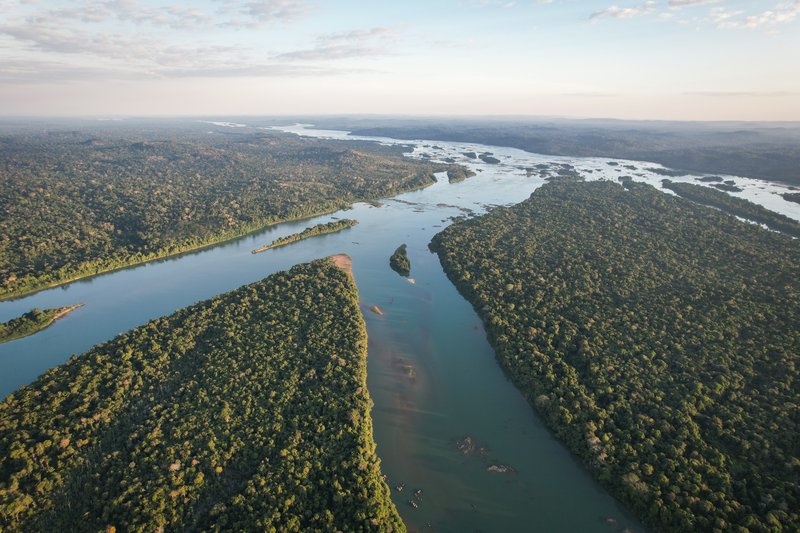
Mining expansion is producing serious climate harms such as deforestation of carbon-rich rainforests. Cícero Pedrosa Neto / Global Witness
A COP blind spot – until now
So far, these impacts have not been addressed by the UNFCCC – the body tasked with stopping climate change. But the UN Secretary-General’s own 2024 Panel on Critical Energy Transition Minerals has now made it clear that mineral governance is an urgent issue, and we need multilateral coordination to get it right.
Brazil is a top mineral producer and home to the Amazon rainforest, so COP30 is an opportune moment to finally align mineral extraction with climate goals. The Paris Agreement focused rightly on decarbonisation. COP30 must now tackle the material conditions under which that decarbonisation happens.
The building blocks for a climate-safe mineral future
Our coalition is calling for COP30 to support a text that anchors mineral extraction within the UNFCCC’s climate governance framework. Among the priorities, we are asking the COP parties to:
- Protect no-go zones: Mining should be strictly off-limits in ecosystems vital for carbon storage – old-growth forests, wetlands, peatlands and high-altitude grasslands. These are not just environmental treasures. They are fundamental climate infrastructure.
- Respect Indigenous rights: More than half of transition mineral reserves lie on or near Indigenous lands. Any extraction must be subject to Free, Prior and Informed Consent (FPIC). Indigenous Peoples are guardians of some of the most climate-critical ecosystems on Earth. Their rights must not be sacrificed in the name of green industry growth.
- Enable equitable transitions: Mineral-rich countries must have the right to use their resources to power their own transitions, not just export them for the benefit of industrialised nations. This includes support for onshoring value-add processing and enabling community-led benefit sharing arrangements.
A mandate for action
COP30 must do more than acknowledge these problems. We need action. That’s why we’re calling for the UNFCCC to formally endorse and expand the work of the High-Level Expert Advisory Group (HLEAG) proposed by the UN Secretary-General’s Panel. This group should:
- Include equal representation for Indigenous peoples, affected communities, governments, business and civil society
- Develop binding international guidelines for responsible mineral sourcing, aligned with the goals of the Paris Agreement
- Promote circular economy approaches and mineral demand reduction strategies in end-use sectors
- Create climate-specific guidelines to mitigate mining-driven deforestation, especially in primary forests and high-carbon stock landscapes
Align minerals with climate integrity
At its core, the UNFCCC exists to prevent dangerous climate change and promote sustainable development. That mission is incompatible with unchecked mineral extraction that destroys forests, pollutes ecosystems and sidelines Indigenous rights in pursuit of short-term energy gains.
As we accelerate the clean energy transition, we must not repeat the extractive injustices of the fossil fuel era. COP30 is our chance to correct course and ensure that we do not trade one model of extractivism for another.
The world needs action on minerals. Not just for the communities on the frontlines but for the future of our planet.
